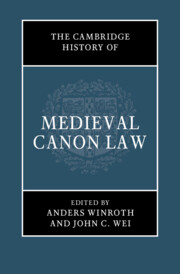Theology, the study of God, consists of a network of subdisciplines: biblical theology, moral theology, ecumenical theology, and so on. Each branch of theology has its own distinctive object of study, methods, and purposes. For example, pneumatology studies the Holy Spirit, practical theology uses the pastoral cycle, and liberation theology seeks to transform unjust societal structures that oppress the marginalized. Each branch of theology has its own distinctive community of scholars. It is a common view (though perhaps a contested one, as between the different church traditions) that the main purpose of Christian theology is to proclaim the Gospel of Christ. The branches of theology, in turn, are vehicles for each of this core purpose. Legal theology could become a branch of theology with its own distinctive objects of study, methods, and purposes. What follows explores these themes, how the subdiscipline of legal theology might be defined and developed in the context of the study of the systems of law, order, and polity, of churches across the Christian traditions that deal with, for example, forms of regulation, ministry (lay or ordained), governance (institutions and functions), discipline, doctrine, worship, rites, property, and external relations. It does so as to the following. (1) The object of study: legal theology should at its core be about the relationship between theology and church law—more particularly, the relationship between church law and each of the other branches of theology. (2) The method of study: legal theology may involve the theological study of church law and/or the legal study of theology using standard juristic methods (such as text and context, critical, historical, analytical) as well as methods used in the other branches of theology (3) The purpose of study: the development of a community of scholars collaborating with a view to its impact on ecclesial practice. Theology is indispensable to a full understanding of the place of law in the life of the church; and law provides evidence to test the propositions of theology in the practical life of the church as this is translated through norms to action.


